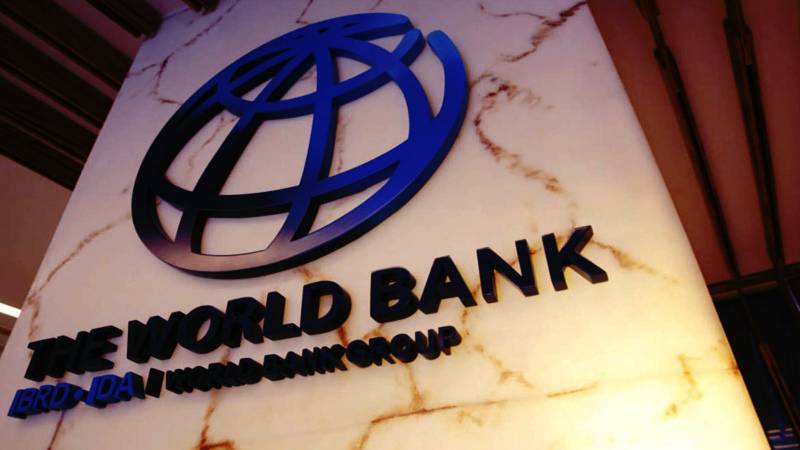
The World Bank's (WB) Board of Executive Directors granted $535 million in funding to Pakistan to support two projects, according to a statement released on Friday.
The enhanced funding for the Crisis Resilient Social Protection (CRISP) Program seeks to strengthen the country's social protection system while also increasing shock resilience among poor and vulnerable people.
Meanwhile, the Sindh Livestock and Aquaculture Sectors Transformation (LIVAQUA) Project would encourage climate-smart and competitive small and medium-sized producers in Sindh's livestock and aquaculture sectors.
"The catastrophic floods that hit Pakistan in 2022 were a tragic reminder of the importance of building resilience to such disasters, including by strengthening both social protection and sectors that support economic growth and recovery," said Najy Benhassine, World Bank Country Director for Pakistan.
"It is also essential to help the vulnerable absorb climate shocks through innovative climate-smart solutions and contingency preparedness."
The new funding for CRISP ($400 million) would supplement the program's current efforts to provide Pakistan's social protection system with the policy and delivery system underpinnings required for more effective and timely responses to future crises. The program will prioritize longer-term policy steps to enhance the national cash transfer program's efficacy, coverage, and federal-provincial collaboration.
According to Amjad Zafar Khan, Task Team Leader for the Project, "Since its inception, the CRISP program has achieved significant results with regular safety net support for more than 9 million families and a demonstrated capability of quickly reaching 2.8 million families during the recent floods."
"The additional financing would not only help families become less susceptible to climate and economic shocks but also promote the use of provincial capacities to take up a greater role in social support."
LIVAQUA ($135 million) will fund interventions to improve climate-smart production, value addition, and inclusive market access, as well as provide growth prospects in the cattle and aquaculture sectors.
These will involve enhancements to sectoral policy and strategy frameworks as well as evidence-based decision-making.
It will also help to increase the ability of public and commercial providers to supply critical information, inputs, and services such as disease surveillance and control, diagnostic laboratory services, breeding programs, food safety, and the development and transfer of green technology.

